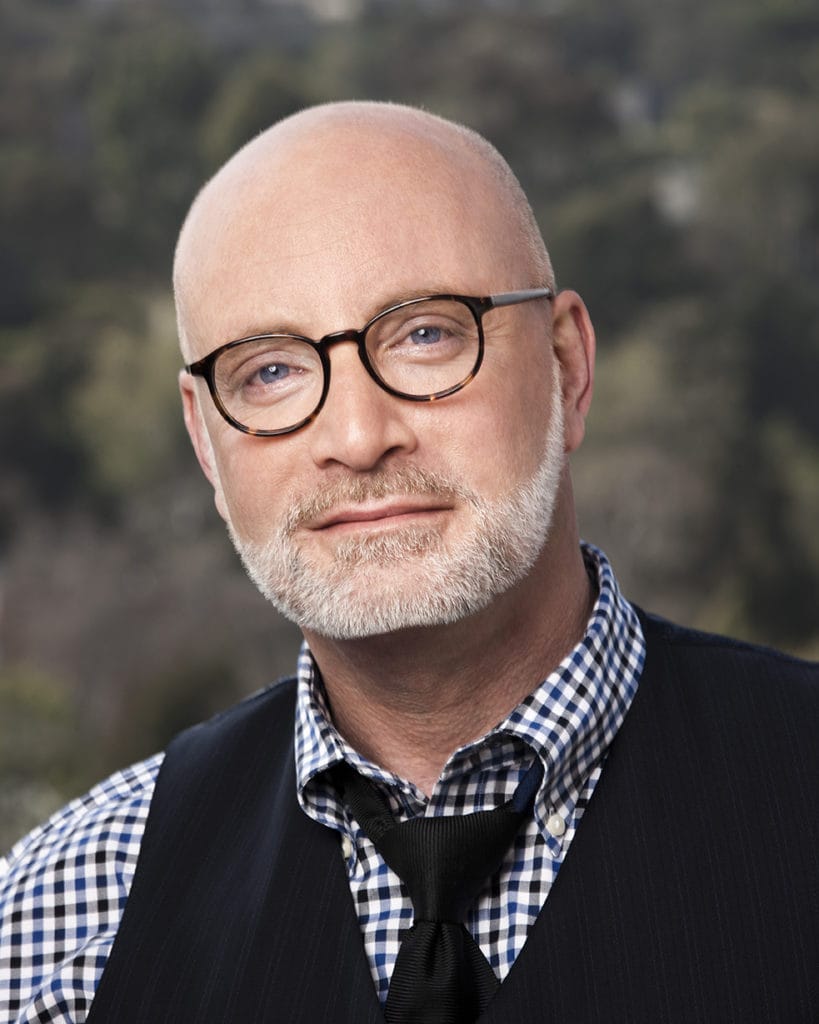Robert Weiss, senior vice president of clinical development with Promises Behavioral Health and director of the Sexual Recovery Institute, talks about his own recovery from sexual addiction and the founding of his treatment center in L.A. Weekly’s People 2013 issue. In the magazine’s annual roundup of what it calls “the city’s most fascinating people,” Weiss says he feels he has the opportunity to save lives through his Sexual Recovery Institute treatment center. Weiss came to grips with his own sexual addiction in 1985, when, on the advice of a friend, he began attending a 12-step program for sexual addiction. Weiss said he was promiscuous from the age of 14 into his mid-20s. There, “I started to realize I had a self,” Weiss says. “I realized I couldn’t maintain my sexual behavior and still like myself. “Right around that time, AIDS came crashing down, and people were dying all around us. I never got HIV, and I don’t know why. I was lucky. I should have died.” Realizing other people with sexual addictions would die if they didn’t get treatment, Weiss decided to do something about it: He earned a master’s in social work at UCLA. He then landed a job with Patrick Carnes, possibly the world’s leading authority on sexual-addiction treatment. Carnes was years ahead of his time. “Pat was belittled by the press,” Weiss told LA Weekly. “People didn’t get it. Sexual addiction was a joke. But I learned about sexual addiction from the inside out.” Weiss started the Sexual Recovery Institute on the Westside in 1995 with a handful of clients and a secretary. As the popularity of the Internet exploded, so did the number of sexual addicts coming to him for help — he was seeing 150 to 200 clients a week. Initially, he saw mostly straight men whose partners had caught them cheating. Gay men, he says, “weren’t interested.” But then things changed. “Gay marriage started a new dialogue about relationships in the gay community that wasn’t there before. “The fear of losing a partner got men seeking treatment,” Weiss said. “The fear of death did not get people seeking treatment, which I find interesting.” Weiss has become a prominent figure in the sex-addiction recovery field, writing or co-authoring several books and numerous articles, speaking around the world and appearances on TV shows. Just recently, he set up a program at Promises in Malibu.

